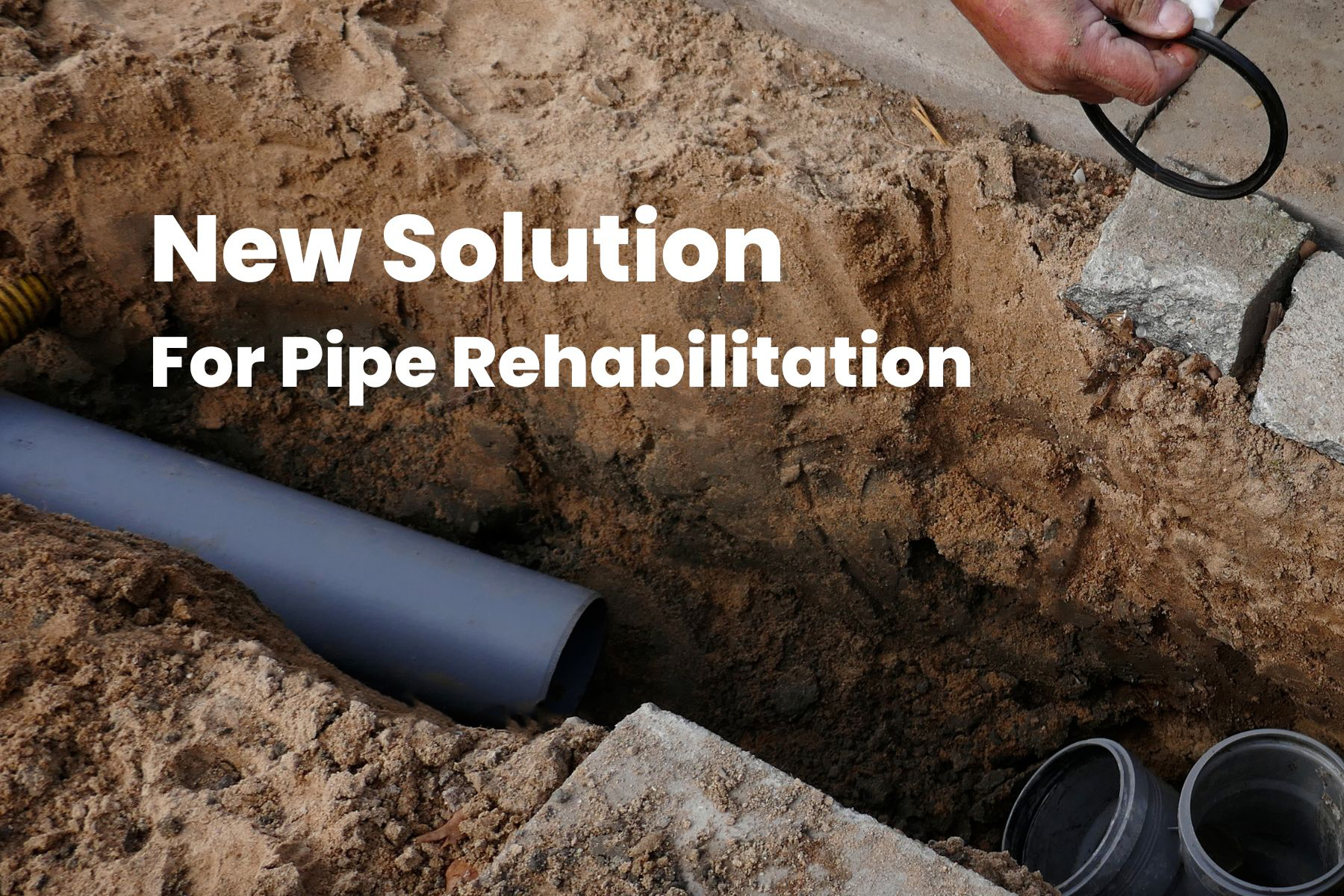
Seamless Molded Hydrophilic Gaskets: A Reliable Solution for Pipe Rehabilitation
Seamless molded hydrophilic gaskets (SMHGs) are becoming increasingly popular for pipe
rehabilitation projects. They are pre-formed, seamless gaskets made from a rubber or elastomer
material that offer numerous advantages over traditional paste-based sealing methods.
Additionally, their compliance with the ASTM F3240-19 standard ensures consistent quality and
performance by setting stringent guidelines for their design, manufacture, and installation.
A critical success factor for a pipe rehabilitation project is the ability to maintain
water tightness, which can be impacted by the following:
- Differential settlement,
- CIPP curing – it shrinks, and leaves annular space between it and the host pipe,
- Plastic creep – pressure from groundwater can deform the CIPP liner and enlarge the annular
space between it and the host pipe, and - Quality of workmanship during installation.
Traditional sealing methods use a hydrophilic paste that typically swells to 100-150% by volume and
can be hand molded and allowed to dry or be molded caulk. Therefore, the effectiveness of the
installed paste-based products will vary depending on the quality of the workmanship.
Because the SMHGs are manufactured in a factory-controlled setting in accordance with ASTM F3240-19
guidelines, concerns regarding workmanship are reduced or eliminated. Additional benefits of
specifying SMHGs include:
- Improved water tightness: SMHGs swell to 800% by volume in the presence of water allowing them to fill voids or annular space created by settlement, shrinking during the curing process, or the
effects of creep, - Reduced installation time: SMHGs are quick and easy to install. They can simply be pushed into
place around the pipe joint, eliminating the need for adhesives or sealants, and - Longer lifespan: SMHGs have a significantly longer service life as compared to the traditional
paste-based methods.
To learn more about SMHGs, their applications, benefits, or how Commonwealth Engineers assist,
contact Andrew Cochrane, PE.
